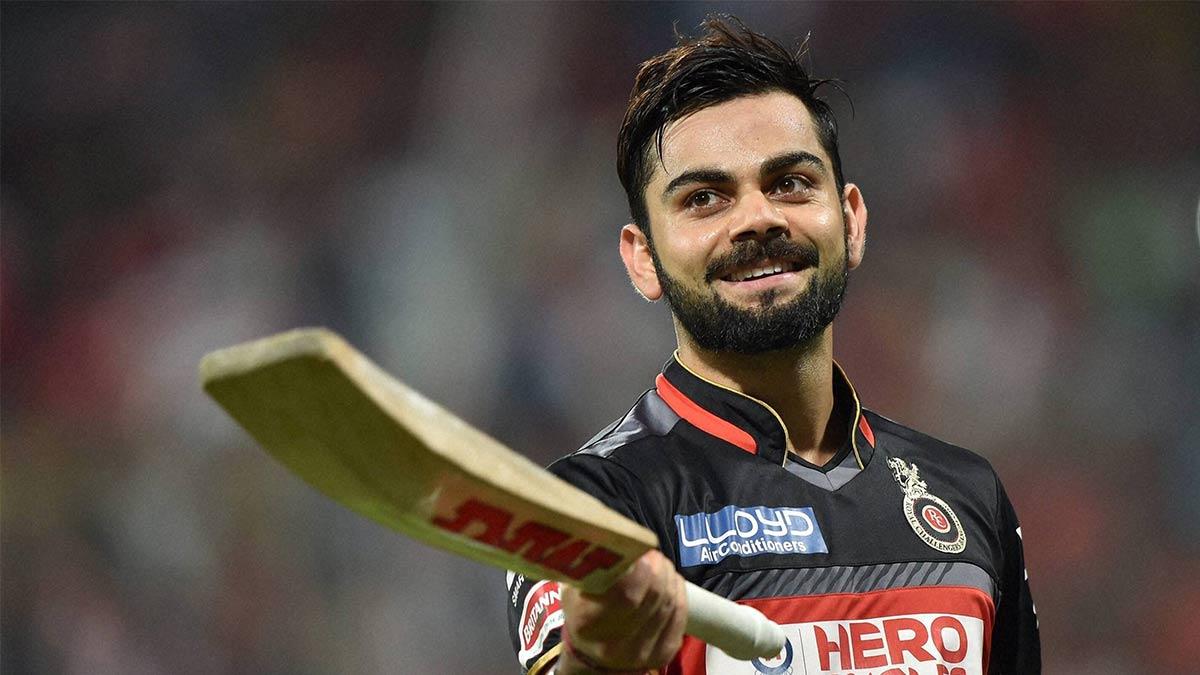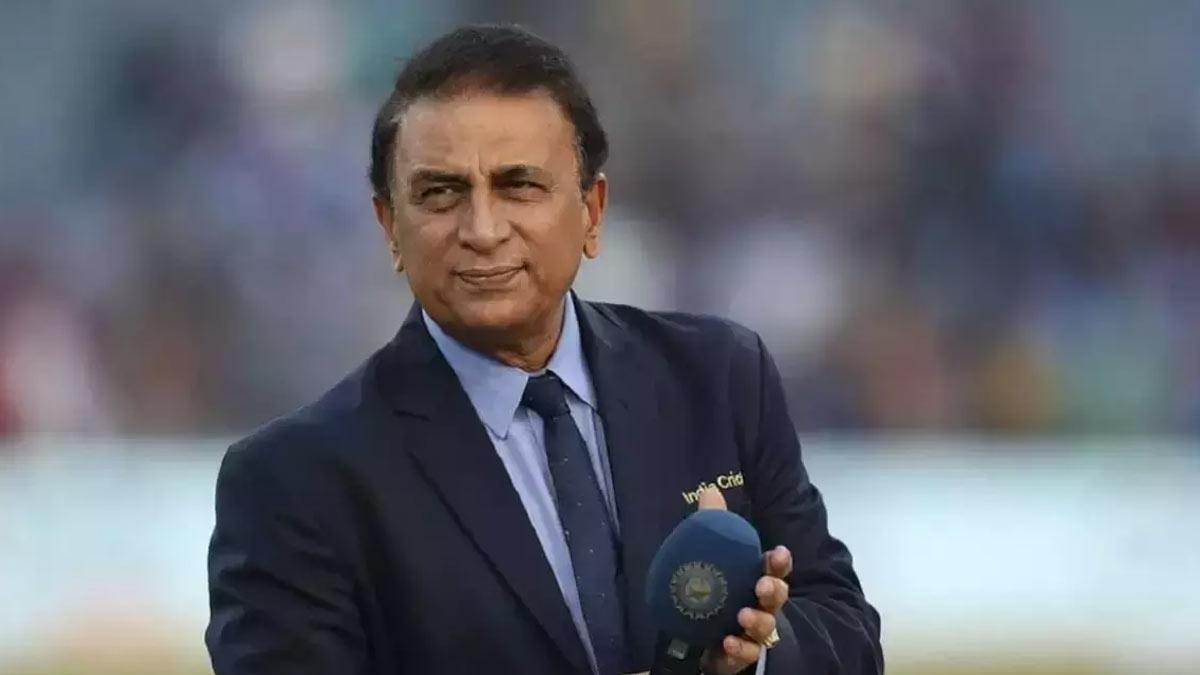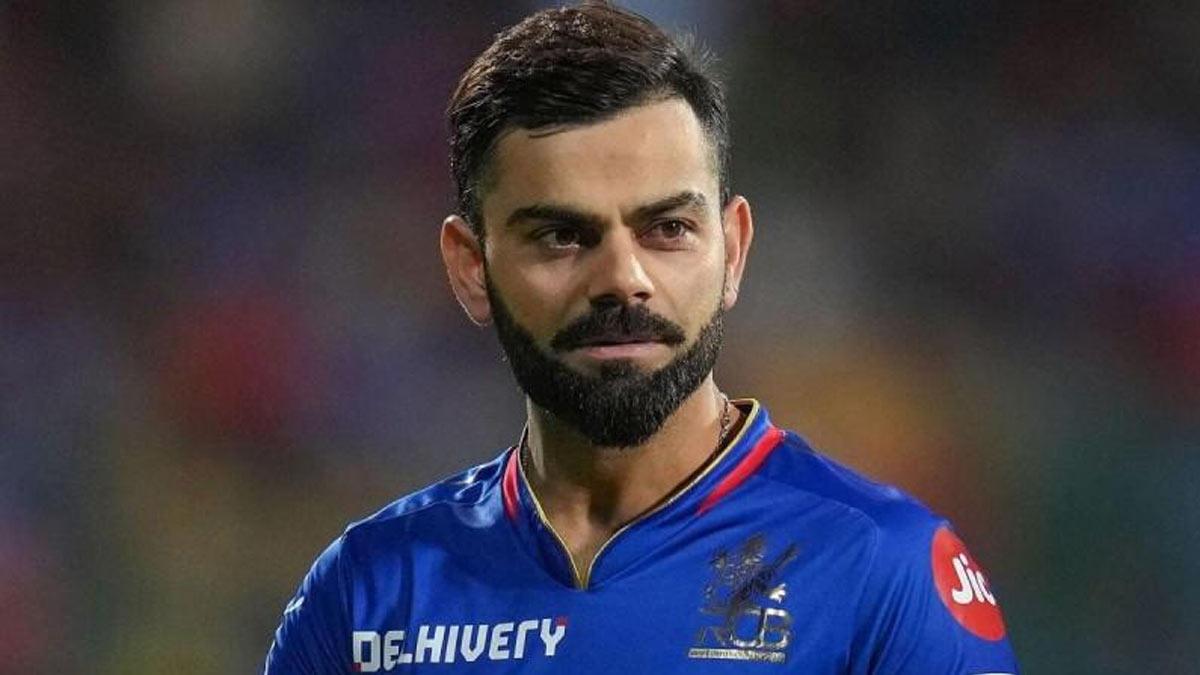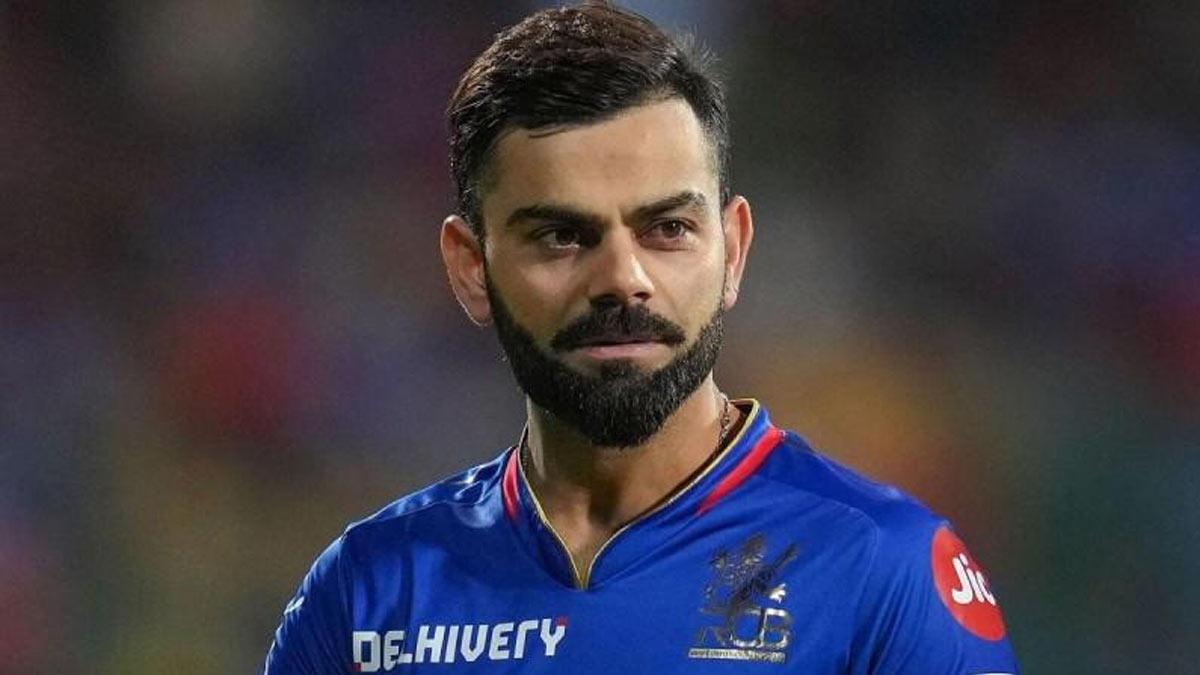Virat Kohli formally drew the curtains on his iconic Test career with a moving social media post announcing his retirement on this Monday.
The Indian batting legend has a towering legacy, having scored 9,230 runs in 123 Tests with an average of 46.85. He has scored 30 centuries, 31 half-centuries, and a personal best of an unbeaten 254 in his career.
The news prompted a wave of tributes, with former England captain Michael Vaughan offering a particularly glowing reflection on Kohli’s contribution to red-ball cricket.
For more than three decades, I don't know anyone who has done more for the Test game than Virat," Vaughan wrote. "Test cricket would have been a much duller game without him, and there is a possibility that it would have lost its popularity if he had not been so keen and committed to it."
Vaughan also drew a significant comparison between Kohli's leadership and that of his predecessor MS Dhoni. Though he conceded Dhoni's undisputed excellence in white-ball versions, he suggested that Test cricket did not have a passionate driving force throughout Dhoni's years. "When he (Kohli) assumed the captaincy more than a decade back, I was concerned India was losing interest in Test cricket. The game needs India to go completely crazy about Test cricket, and that is what Virat created as captain," he stated.
During his red-ball career, Kohli consistently performed against strong opposition. He played 28 Tests against England and accumulated 1,991 runs. In English conditions, where his game was thoroughly analyzed—especially in the tours of 2014 and 2018—Kohli still managed to accumulate 1,096 runs in 17 Tests, including two centuries and five fifties.
Vaughan's eulogy highlights the emotional and cultural weight of Kohli's captaincy. His passion not only revitalized India's connection to Test cricket but also reasserted the format's relevance in an increasingly changing sport.
Read also| Moeen Ali Calls Virat Kohli’s Retirement a Major Boost for England
Read also| 'Abhi to Thik Hai': Virat Kohli Responds to Premanand Ji Maharaj on His Happiness


















